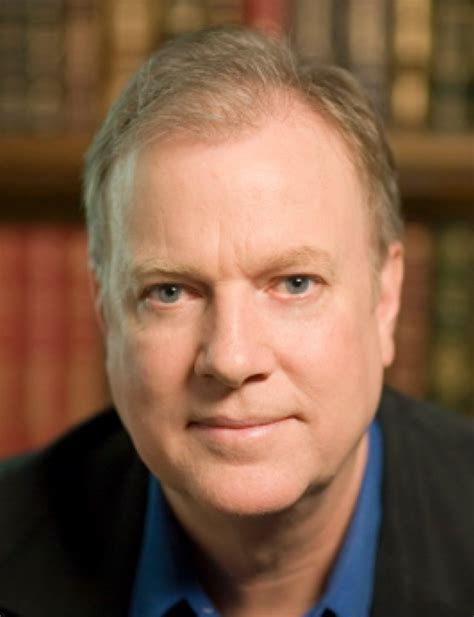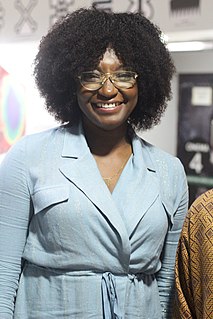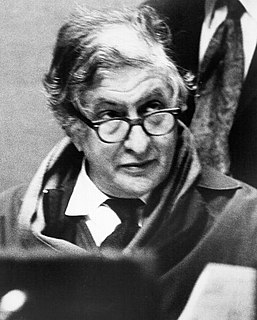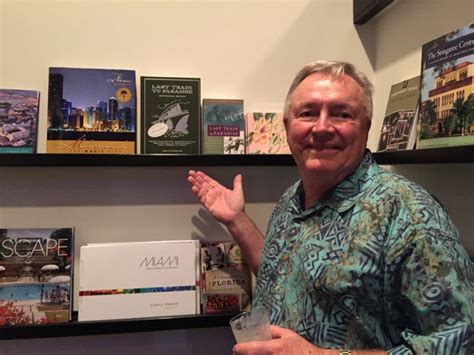A Quote by James Scott Bell
Many writers struggle with exposition in their novels. Often they heap it on in large chunks of straight narrative. Back story – what happens before the novel opens – is especially troublesome. How can we give the essentials and avoid a mere information drop?
Use dialogue. First, create a tension-filled scene, usually between two characters. Get them arguing, confronting each other. Then you can have the information appear in the natural course of things.
Quote Topics
Appear
Arguing
Avoid
Back
Before
Between
Characters
Chunks
Confronting
Course
Create
Dialogue
Drop
Each
Essentials
Exposition
Filled
First
Get
Give
Happens
Heap
How
Information
Large
Many
Mere
Narrative
Natural
Novel
Novels
Often
Opens
Other
Scene
Story
Straight
Struggle
Tension
Them
Then
Things
Troublesome
Two
Use
Writers
Related Quotes
I've made the decision to adhere to three general truths when it comes to my novels: There will be a love-story element to the story, the novel will be set in eastern North Carolina, and the characters will be likeable. Then, I make each novel unique through differences in voice, perspective, age and personalities of the characters, and of course, plot.
I don't particularly like the idea that there's an arc to the story and that therefore in this scene you have to convey this bit of information or emotion. I like more the feeling that, of course, there is a shape to the story, but that each scene should feel right, should be true at that moment, and that gradually you accumulate these moments of truth until you get enough of them together that it becomes a story that's interesting.
I didn't know how story worked. So, when writing the screenplay, people introduced me to the science of it. And I'm grateful. I'll probably use that information for the rest of my career, in terms of writing novels or writing stories. And then, of course, to help me live a better story, a more meaningful story
I don't think we should have less information in the world. The information age has yielded great advances in medicine, agriculture, transportation and many other fields. But the problem is twofold. One, we are assaulted with more information than any one of us can handle. Two, beyond the overload, too much information often leads to bad decisions.
The script in many ways is limiting and novel is liberating. You get to go into the heads of your characters and their background and have fun with them; something you are discouraged from doing with a script. With the novel, I can tell you what the characters are thinking, I can tell you their view of the world, background information, things I wouldn't dare touch in the script.
I feel that music on the screen can seek out and intensify the inner thoughts of the characters. It can invest a scene with terror, grandeur, gaiety, or misery. It can propel narrative switftly forward, or slow it down. It often lifts mere dialogue into the realm of poetry. Finally, it is the communicating link between the screen and the audience, reaching out and enveloping all into one single experience.
If you're a certain type of actor, then eventually stepping into a director's shoes is a natural transition. I've always been the actor who's very focused on the narrative, where my character is in the story, and how I can benefit the story. I've always had a technical aspect of what the lens is, how the camera is going to move, how I can feed the information the director applies within that move. If you're that type of actor, narrative-based, technically proficient, the next step is actually not that far.
The difference does not lie in the things that news does that novels do not do, but in the things that novels do that news cannot do. In other words, this basic technique of news - just one among many - is something a novel can use, but a novel can deploy a multitude of other techniques also. Novels are not bound by the rules of reportage. Far from it. They're predicated on delivering experience.
If love exists between two persons, it is blessed. If love does not exist between two persons, then all your laws put together cannot bridge them. Then they exist separate, then they exist apart, then they exist in conflict, then they exist always in war. And they create all kinds of trouble for each other. They are nasty to each other, nagging to each other, possessive of each other, violent, oppressive, dominating, dictatorial.
I think the success of every novel - if it's a novel of action - depends on the high spots. The thing to do is to say to yourself, 'Which are my big scenes?' and then get every drop of juice out of them. The principle I always go on in writing a novel is to think of the characters in terms of actors in a play. I say to myself, if a big name were playing this part, and if he found that after a strong first act he had practically nothing to do in the second act, he would walk out. Now, then, can I twist the story so as to give him plenty to do all the way through?



































